Haley Vernon’s life has changed since the coronavirus outbreak. Vernon, 21, who lives in Ocean City, is driving less and conserving more. Shopping trips to the supermarket are thought out and fewer, and she’s doing more cooking and baking.
And Vernon isn’t alone.

If there is anything positive since the coronavirus outbreak it may be that people are conserving more. With the governor’s “stay-at-home” order, people are definitely traveling less. Air travel, gas use and coal burning are all down, and air quality has been better for it.
Conservation extends to products such as paper. Trying to purchase paper products, especially toilet paper, is like trying to find a Cabbage Patch doll in the 1980s. One recent Facebook post remarked that we used to spin the toilet paper roll like a roulette wheel; now it’s turned like we’re trying to crack a safe.
People going to the stores less frequently, consolidating trips. In short, conserving.
“Our life has changed dramatically,” said Anthony Gaud, 50, an esports executive from Linwood, says of his family of four. “We used to go out several times a week, now we go out once a week. We walk quite a bit more. I walked about 30 miles last week.”

And Victoria Saunders, of Ventnor, who is still able to work in a garden center, says she has noticed more people buying fruits and vegetables and showing an interest in growing their own food.
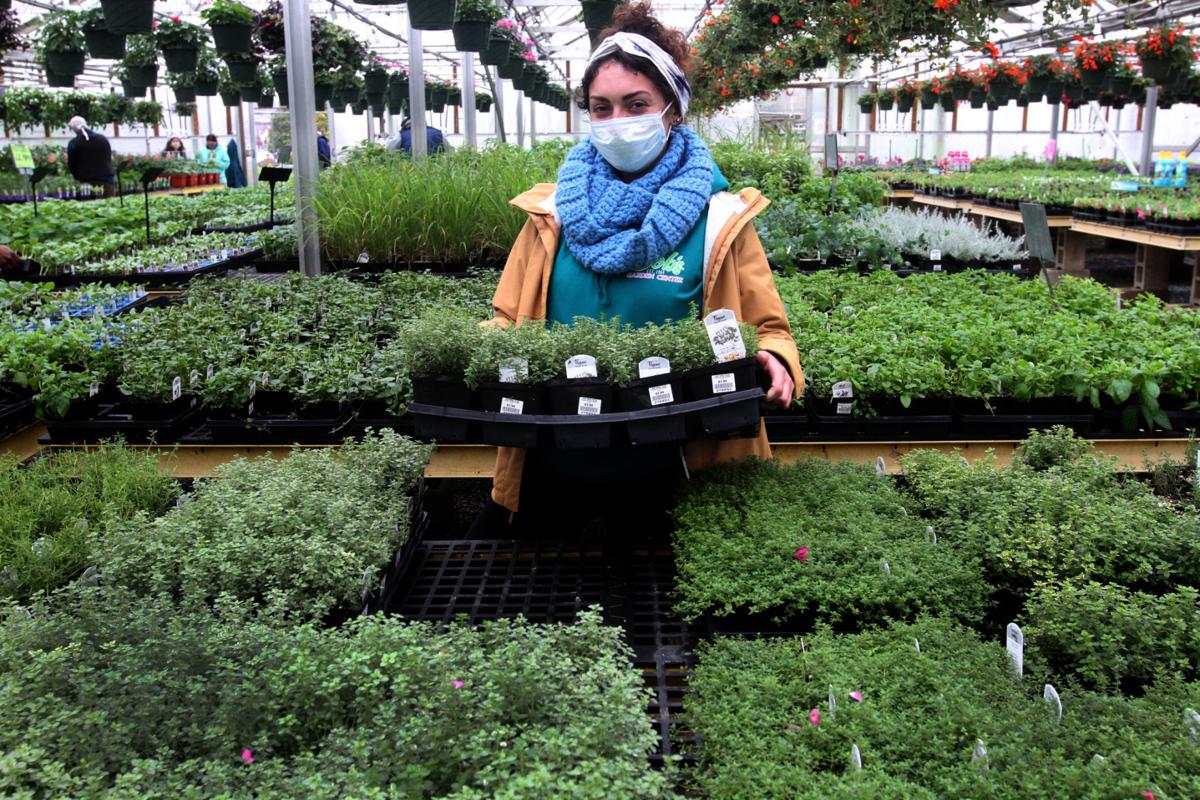
Working from home has made teleconferencing apps such as Zoom a replacement for the workplace meeting, not to mention family get-togethers. According to a MarketWatch report, the Zoom app is currently the top free offering in Apple’s App Store, and a JPMorgan analysis says data indicates that daily usage was up more than 300% from before the pandemic forced workers into their homes.
Other reports show that people are more concerned with shopping locally and growing our own food, with the issue of animals spreading diseases to humans, or zoonosis, and our connectivity to the rest of the world has been brought to the front and center.
We’re even throwing away less. The Atlantic County Utilities Authority said in a statement that they have seen an overall decrease, nearly 30%, in trash coming into the facility since nonessential businesses and schools have closed.
They added that there was an uptick in residential trash, as more people are staying home, eating in, and clearing out basements and sheds.
Add it all together and it looks like the raising of a collective sustainability consciousness.
But will these habits practiced during the pandemic continue after the crisis is over?
“This experience will make a difference, I hope,” said Dr. Patrick Hossay, associate professor of sustainability at Stockton University. “ I think it will make a difference in the way we think about the world, the way we think about our collective future. I don’t think it will make a difference in terms of habit and our everyday activity.
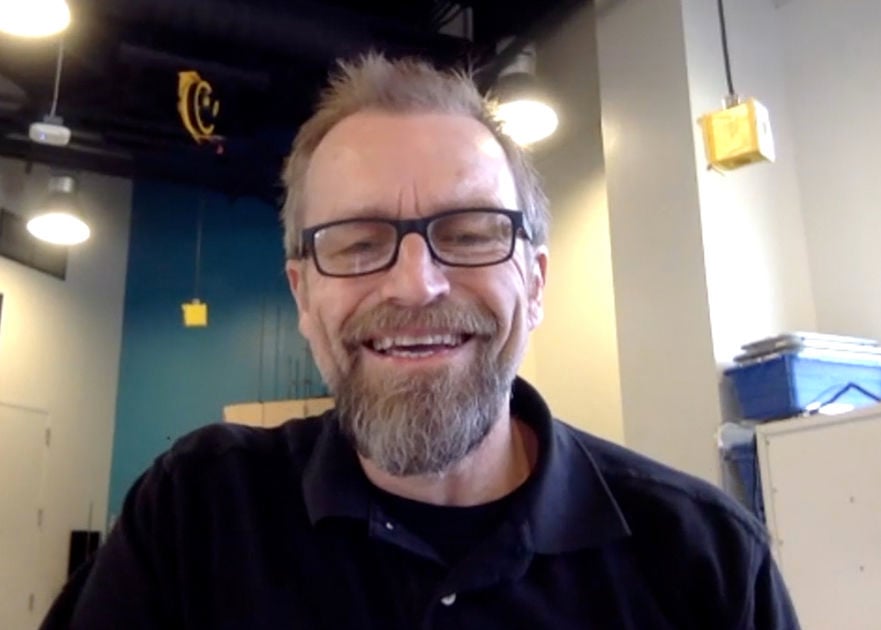
“While people are driving less, the air is cleaner, and we’re learning that we can do with less materialism. This may not be enough of a wake-up call to change the way we do things if we want a better world,” he said. “I think we will snap back into our old behavior as soon as we get the green light.”
What’s needed for lasting change, according to Hossay, is policy and infrastructure change. He believes this could lead to a large percentage of Americans expecting our government to cooperate on international climate change legislation.
Dr. Elke Weber, a Princeton professor of psychology and a professor of energy and the environment, believes that it would be hard to predict the lasting effects of our behavioral change, but the crisis may give us a better understanding of world issues, how they effect us and our reliance on science.
“One thing I would hope might happen,” Weber said, “is that a broader range of citizens will (re)establish their belief in science and in the ability of scientists to predict the future in order to inform policy makers and citizens of best response options and ways forward.”
Hossay and Weber are both fearful of a rebound effect where Americans try to make up for lost time by driving more and going back to old behaviors at full speed once there is an “all clear.”
One behavior that Gaud believes will stick around after things get back to normal is the use of telecommunication tools. He says he routinely uses Zoom for conferencing at work, and his family will connect several times a week through the app.

“Our family Zooms once or twice a week as a group, 10 or 15 of us,” he says. “We’ve never done that before and I hope that continues.”
For Saunders, who is a sustainability student at Stockton, the things that people will continue to do will be determined by their preexisting preference for that lifestyle.
“Those that enjoy being self-sufficient and growing their own food and traveling less might continue to do so,” she says. But she also thinks there may be a significant increase in travel when the restrictions are lifted for those that have been itching to get back on the road.
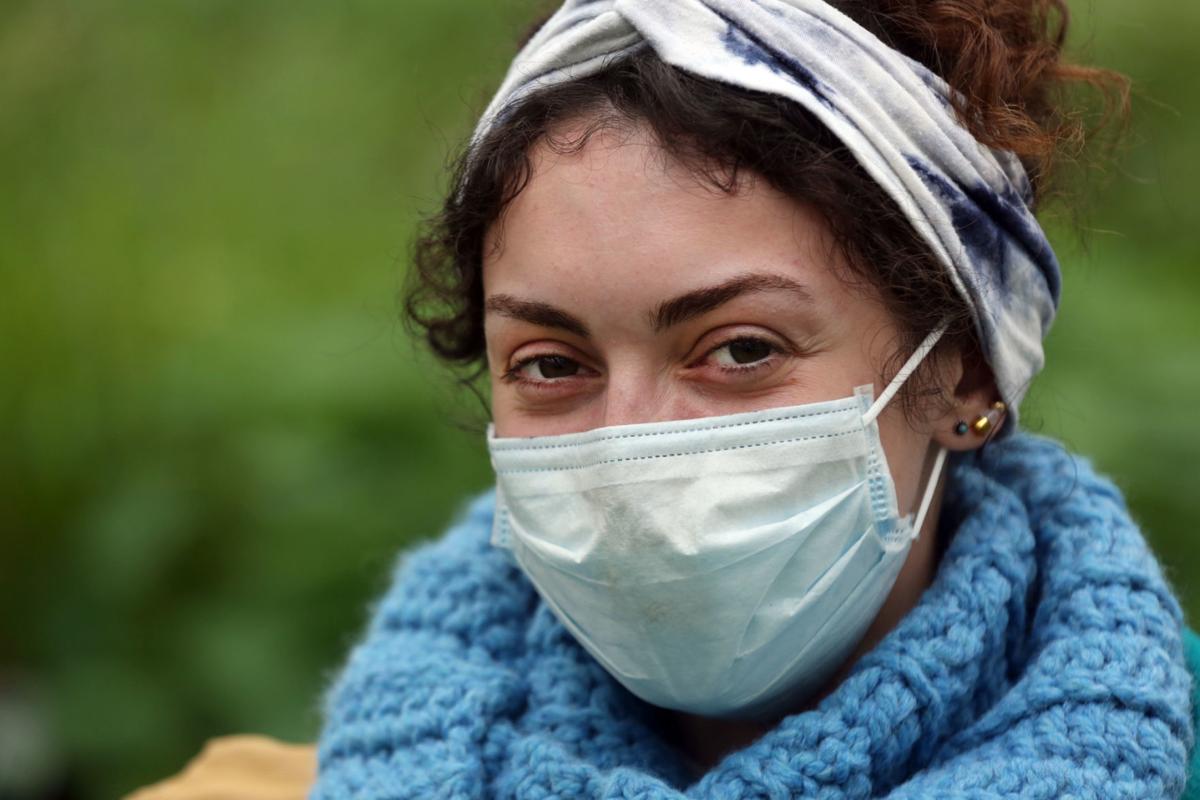
“I think I’ve definitely realized that I don’t need to go out four or five times to pick up something, that I can make due with what I have,” Vernon, who is 21 and also a sustainability student at Stockton, said of traveling less.
She believes she’ll be leaving the car parked even when we’re allowed back on the roads. But the main thing Vernon believes will stick is the realization that we are connected to the world.
“There are issues beside this pandemic, like global warming,” she says, “and this might be the something that opens people’s eyes and that we’re all in this together. This is just one Earth that we have and we need to be careful with it.”

Hossay agrees that the biggest lesson related to sustainability will be that sense of connectiveness.
“The virus has allowed us to see the way that we are all connected, he said. “A virus from halfway around the world has changed the entire human landscape across the planet. Clearly, our connectiveness, our common stake in public health and environmental issues is now evident to us.”
And if that change happens, Hossay believes there is a better chance at battling other global threats.
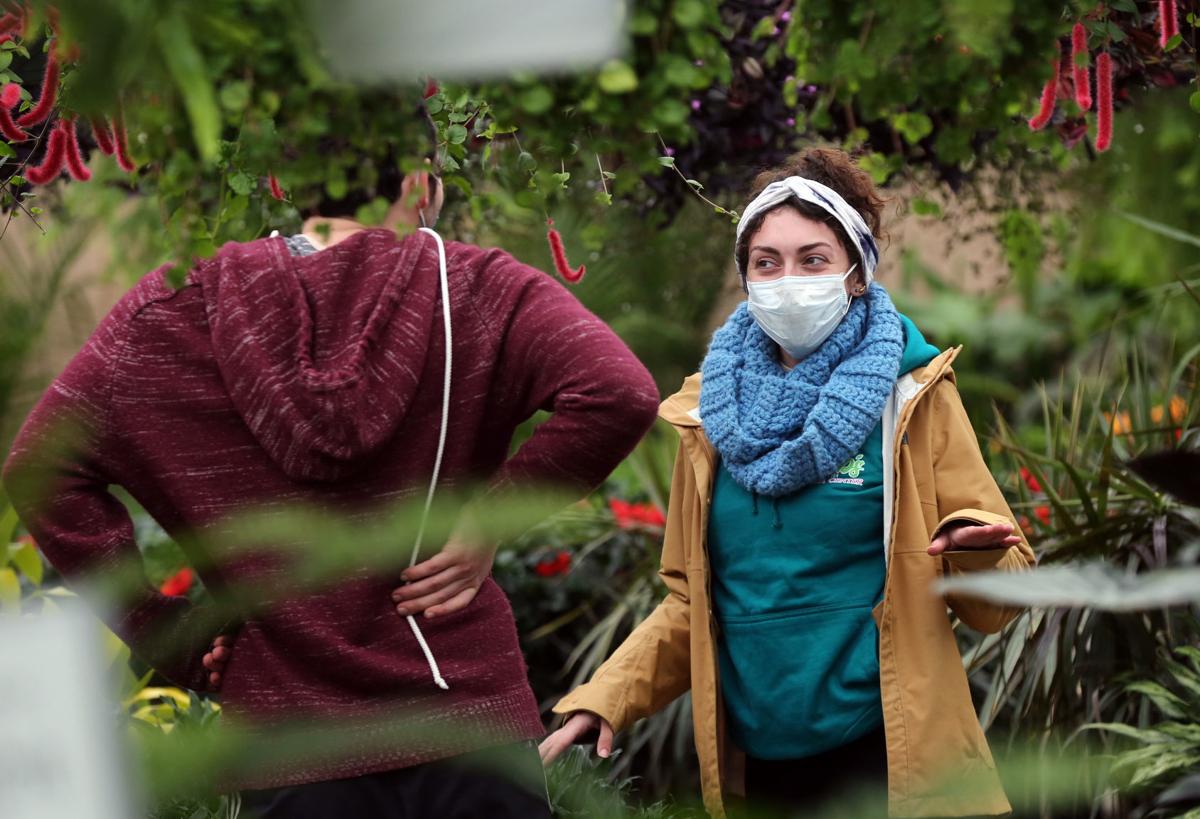
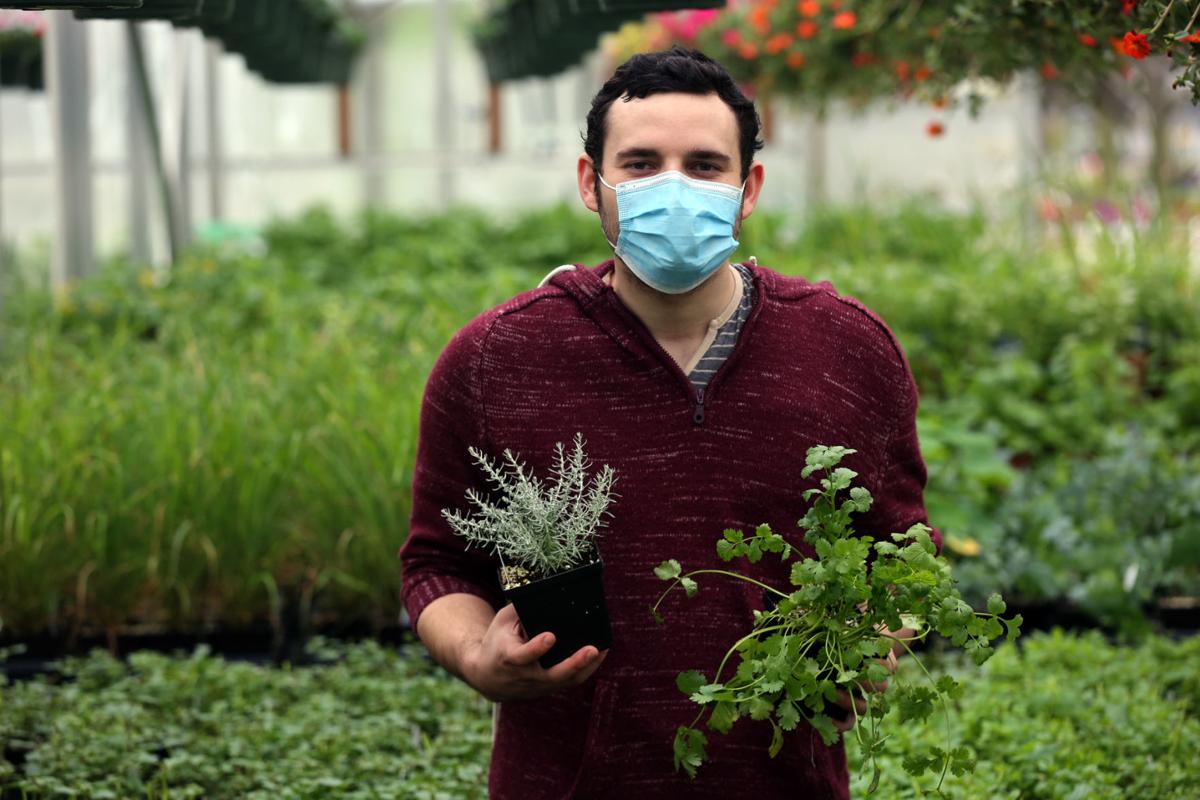
Dave Jones, of Northfield, chooses plants for his home garden at Bob’s Garden Center, in Egg Harbor Township, Friday, April 24, 2020. (Vernon Ogrodnek / For The Press)
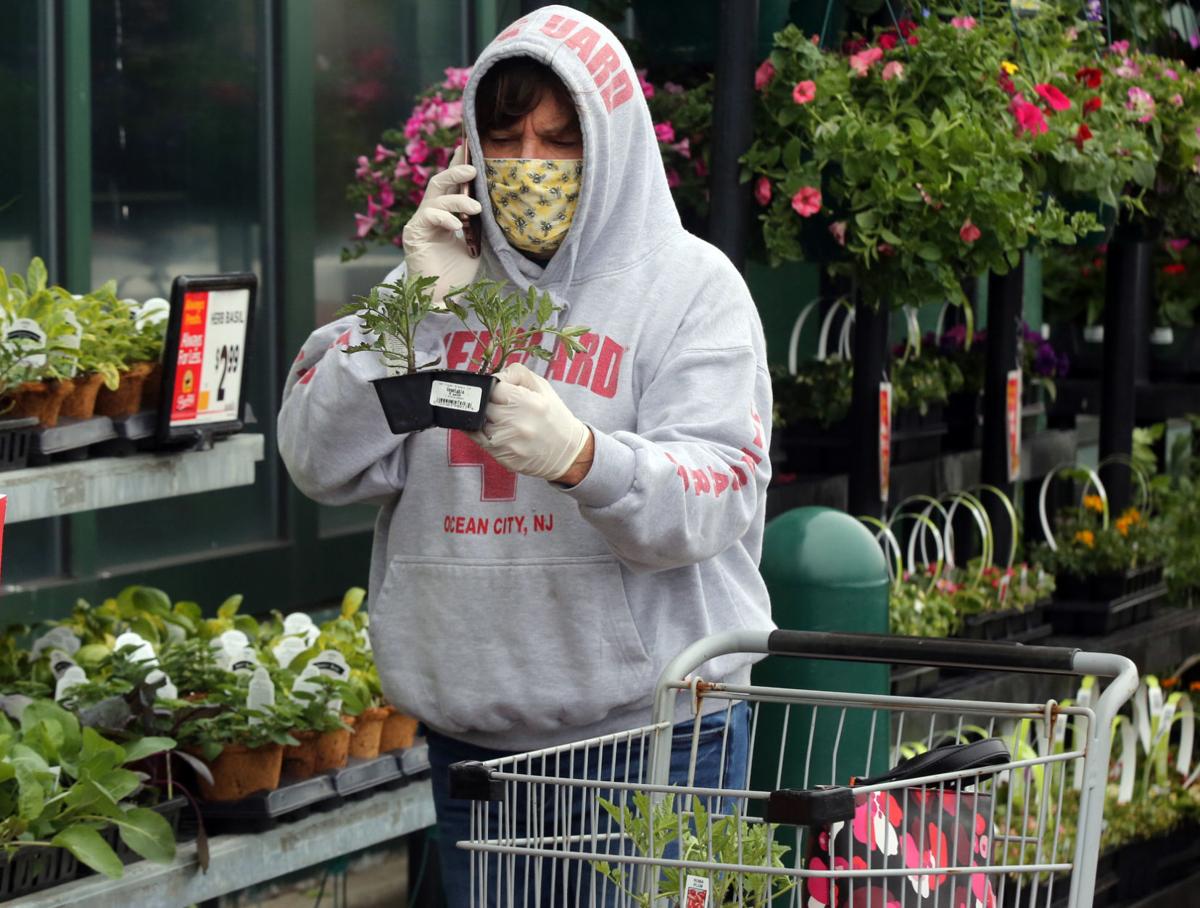
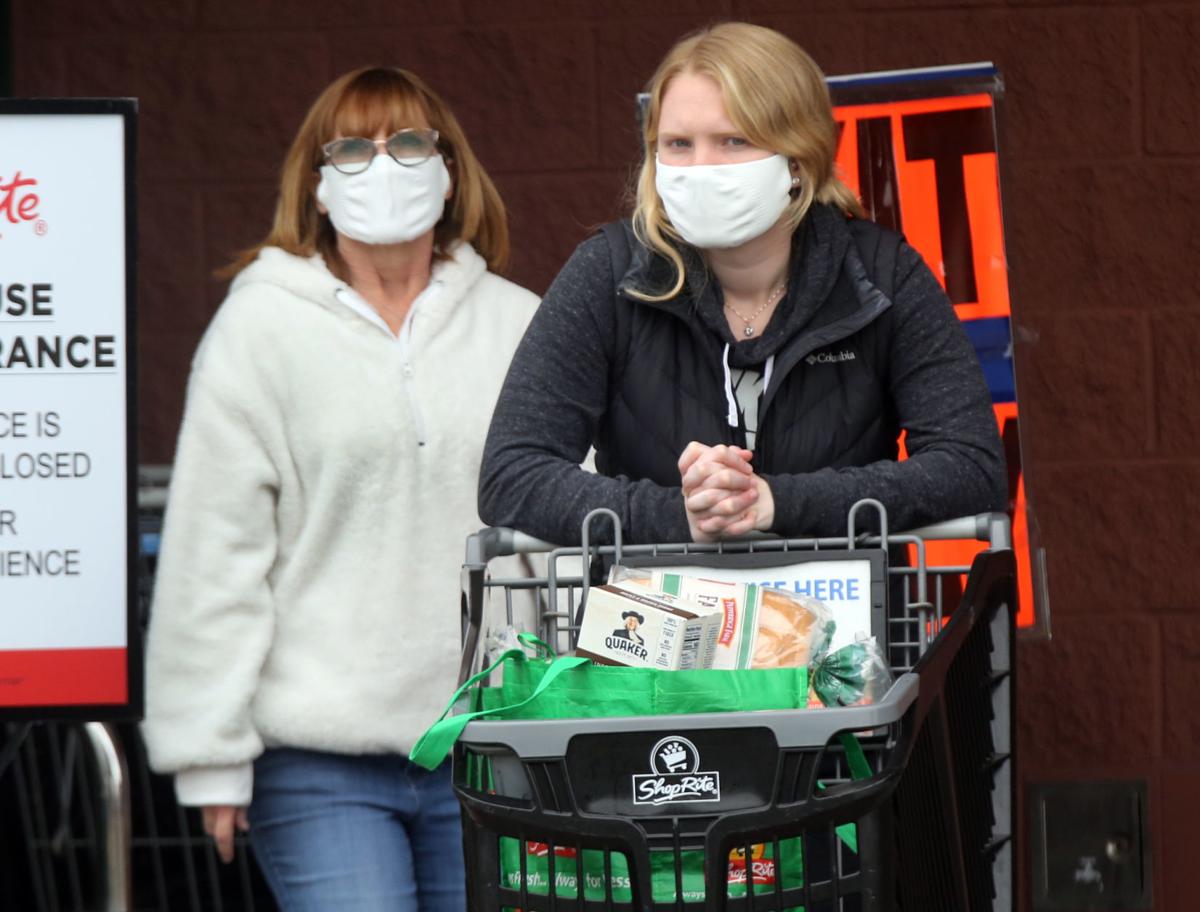
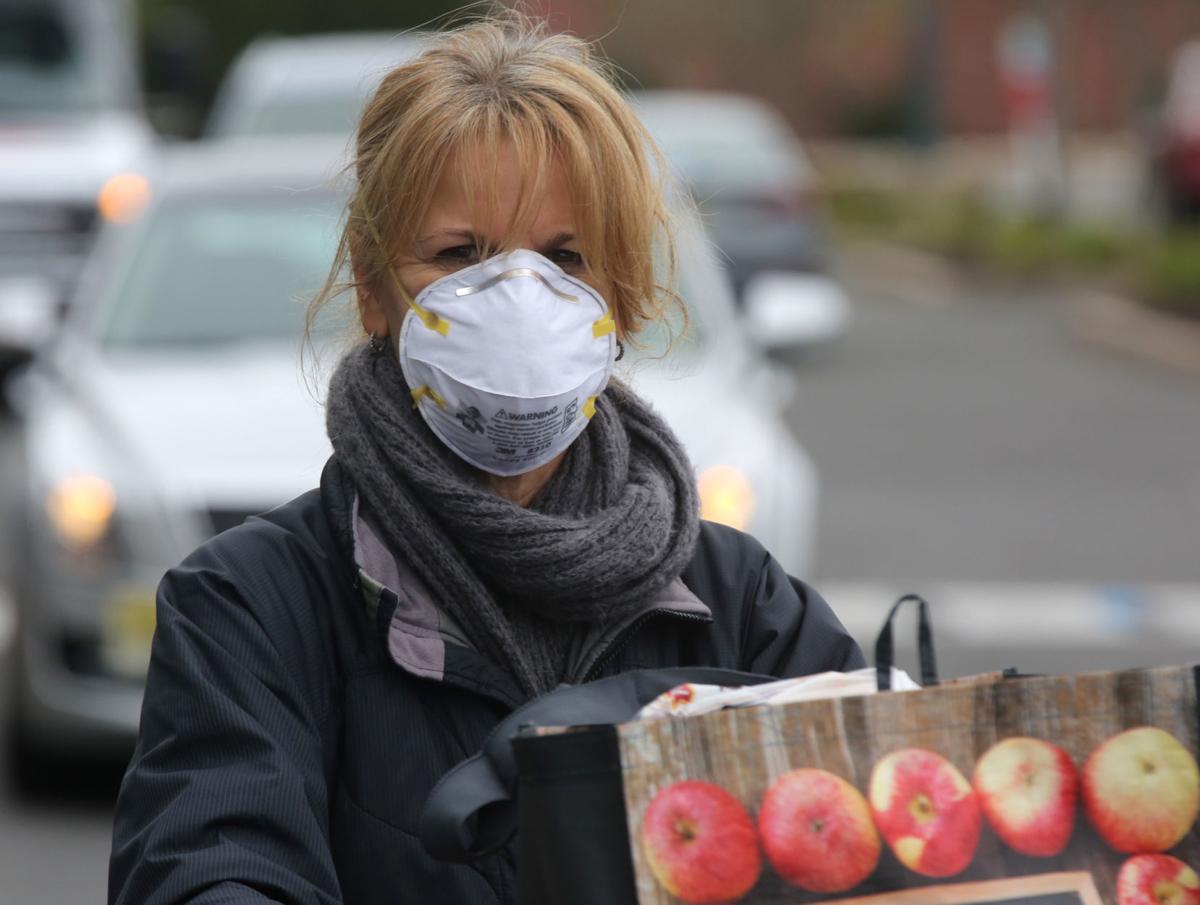
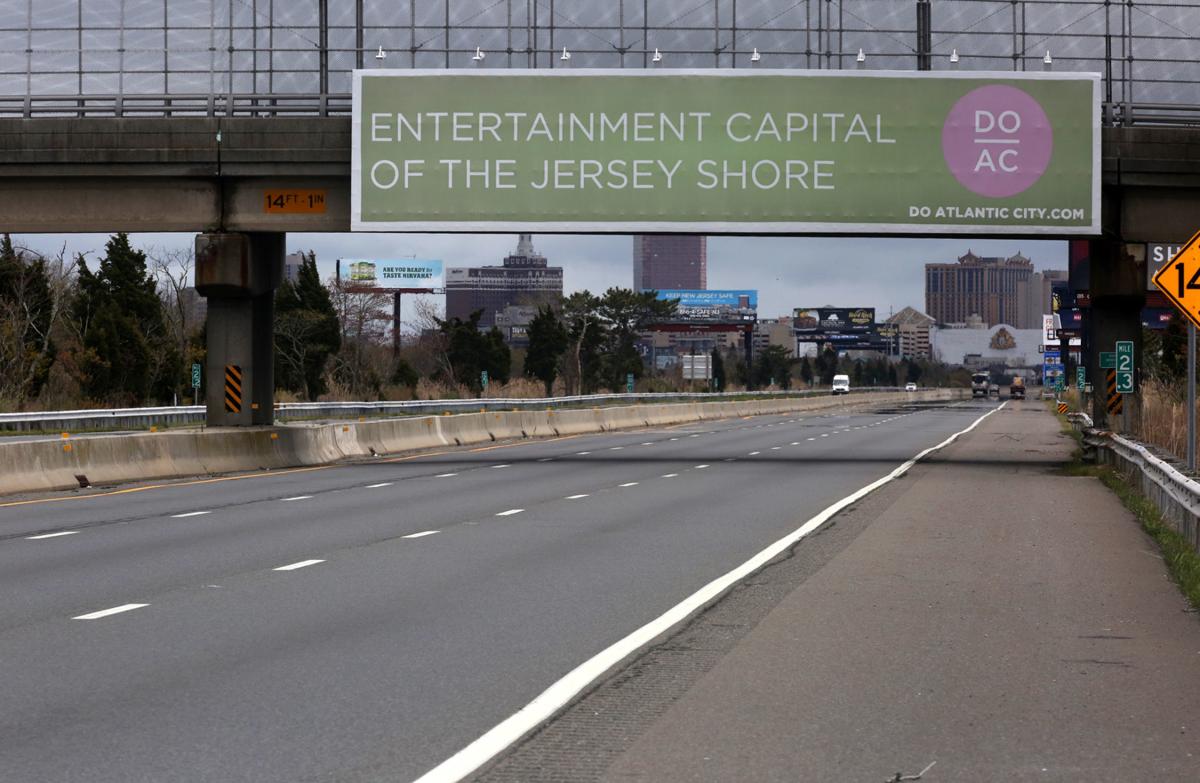
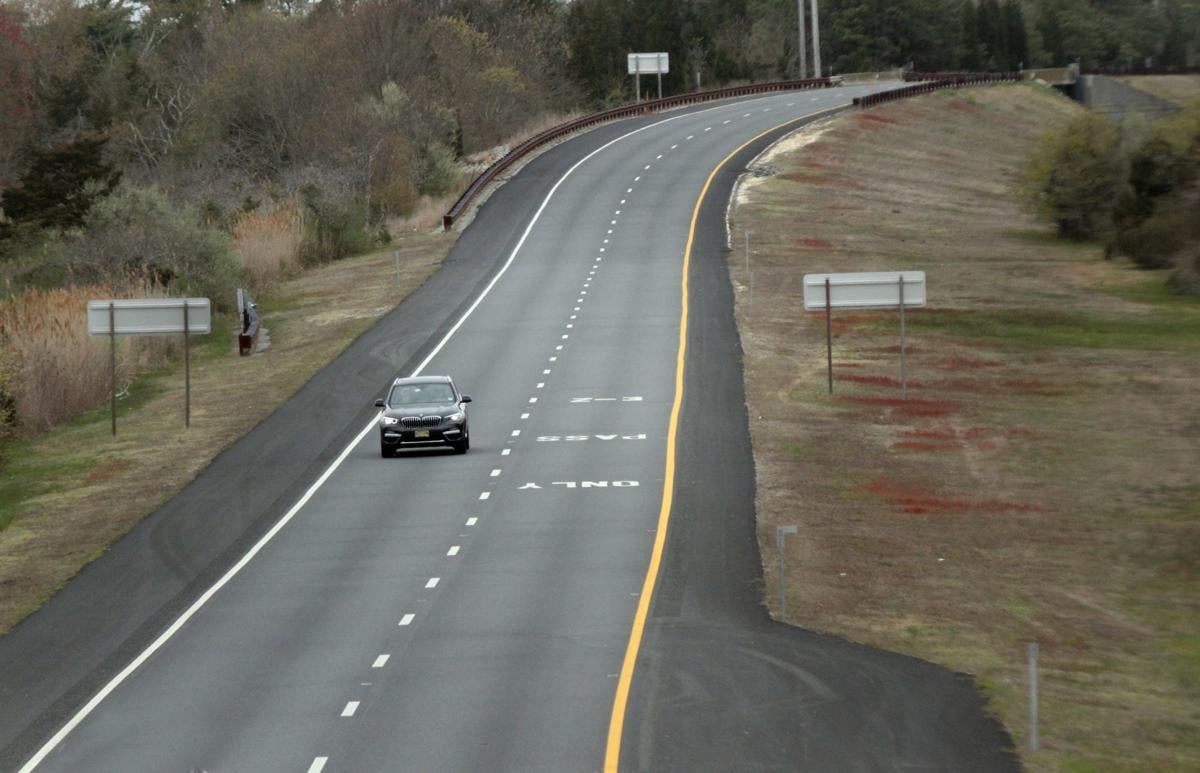
This story was produced in collaboration with CivicStory and the New Jersey Sustainability Reporting Hub project. It was originally reported by Vernon Ogrodnek for the Press of Atlantic City, and may be re-distributed through theCreative Commons License, with attribution.
